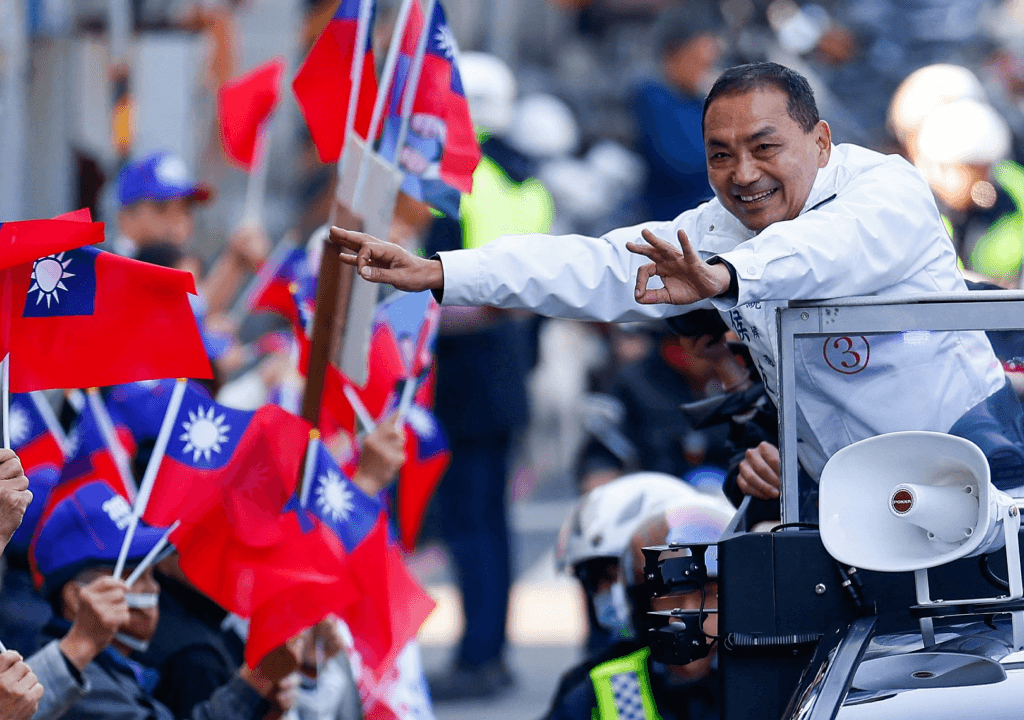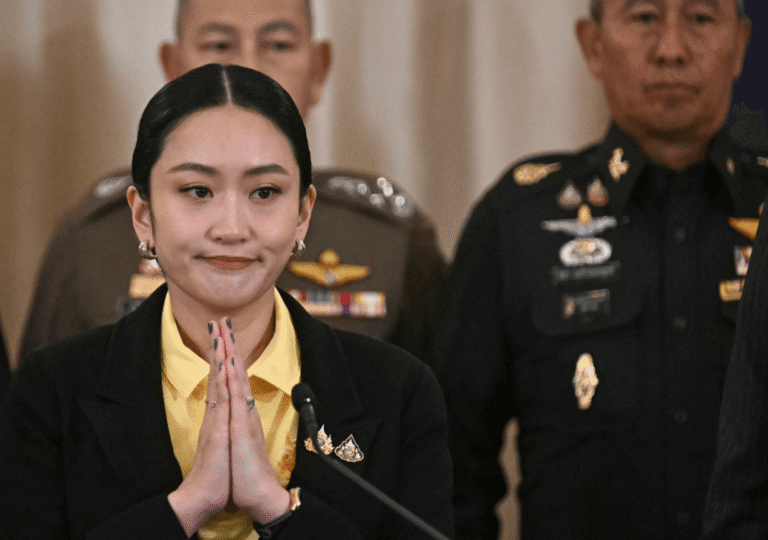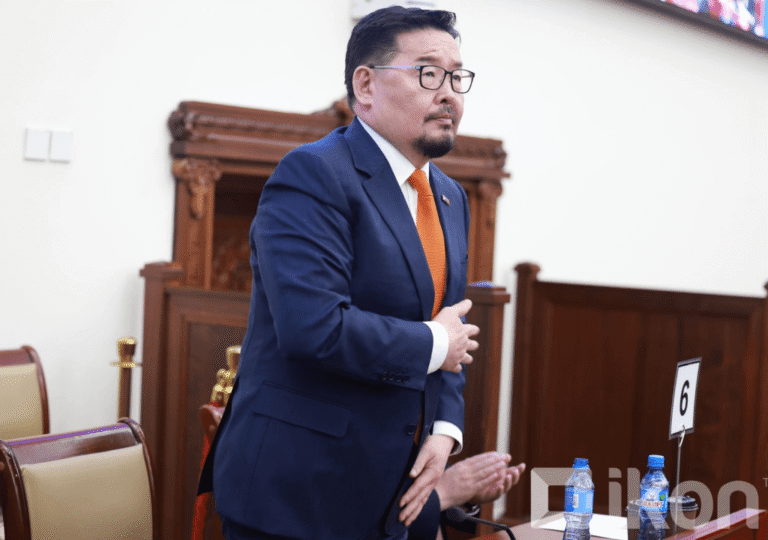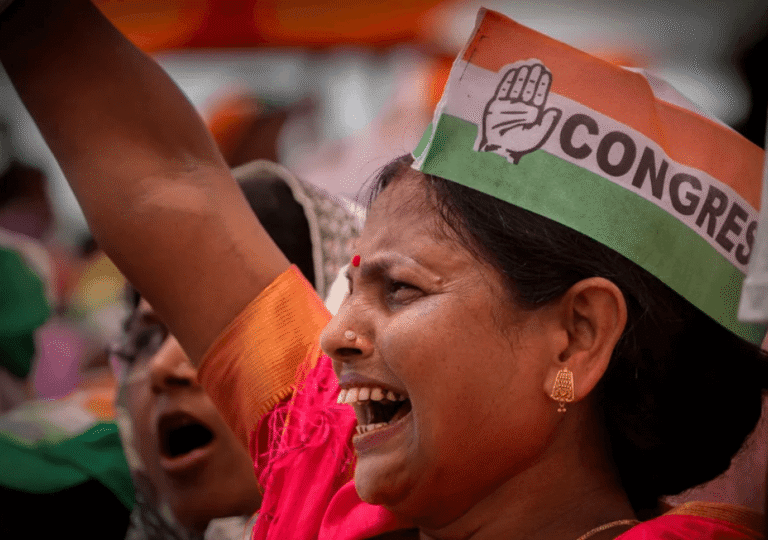Taiwan—officially known as the Republic of China (ROC)—has it all: a strong international ally, a military, a vibrant economy, a sovereign currency, passports that are recognized around the world, individual postage stamps, a distinctive internet top-level domain, and a constitution which governs by a president who is chosen democratically. Despite all of this, Taiwan is still lacking a vital component: recognition.
For Taiwan, being acknowledged as a free and independent state is paramount, with recognition from supportive nations considered the most valuable asset, especially in the face of mounting pressures from Beijing. Unfortunately, Taiwan is facing adversity. Among the 11 United Nations member states maintaining full diplomatic relations with Taiwan, three are Pacific nations witnessing China’s assertive expansion of influence, marking a significant setback for Taiwan’s dream of global recognition as a free and independent state.
Once a founding member of the United Nations, the Republic of China (ROC) now finds itself without official membership or observer status within the organization. This predicament arises from the People’s Republic of China (PRC), Mainland China, strategically blocking the ROC on the international stage. The PRC refuses diplomatic relations with any nation maintaining ties with the ROC and imposes a requirement on these nations to make a statement on its claims to Taiwan.
As a consequence, only 11 UN member states and the Holy See currently uphold official diplomatic relations with the Republic of China. This recognition from 11 states is often perceived as a component of American diplomacy, with the United States and its influenced countries supporting the ROC to preserve Taiwan’s reputation as a free nation, entangled in the intricacies of power politics. However, the current global landscape, characterized by a weakened United States and the ascendance of Mainland China, casts doubt on the sustainability of this status quo.
About five years ago, Taiwan had six Pacific allies with full diplomatic relations. But they lost three allies rapidly. With Nauru officially severing ties in January, only three steadfast nations—Tuvalu, the Marshall Islands, and Palau—now remain within Taiwan’s diplomatic orbit. Despite relentless lobbying from Beijing and alluring promises of economic and developmental support, these three nations persist in their allegiance to Taiwan. Their commitment is said to be rooted in democratic principles and cultural values, prevailing reasons they consider paramount in maintaining their diplomatic ties with Taipei.
Tuvalu, standing as one of the last bastions maintaining diplomatic ties with Taiwan, defiantly challenges Beijing’s One China principle, eliciting a keen response from the Chinese government. Though after recent elections, these Pacific nations delicately navigate pragmatic considerations against enduring values. The recently appointed prime minister of Tuvalu faces a dual challenge, addressing immediate domestic concerns while grappling with broader regional issues, notably Tuvalu’s role in the intense political struggle for influence in the Pacific. The departure of the staunch Taiwan supporter, Natano, leaves behind a legacy that the incoming leader may contemplate, particularly as one prime ministerial candidate hints at a potential shift towards establishing relations with China.
The specific geographic positions of Palau and the Marshall Islands render them susceptible to sustained pressure from Beijing, a dynamic that unfolds against the backdrop of their strategic importance. Situated in the second island chain, these nations are perceived to wield military and strategic influence, not only for traditional global powers but also for China, adding a layer of complexity to their diplomatic landscape.
Palau, an archipelago nestled in the western Pacific Ocean, finds itself particularly exposed to Beijing’s relentless efforts to shift allegiances. President Surangel Whipps Jr of Palau revealed about the consistent overtures made by Chinese officials to his government, utilizing economic promises as a persuasive tool in this geopolitical tug of war. Similarly, Tuvalu’s foreign minister, Simon Kofe, reported in 2019 that Chinese companies sought to exploit concerns about rising sea levels, offering to build artificial islands in Tuvalu to weaken its ties with Taiwan.
President Whipps accuses Beijing of employing what he terms “economic coercion,” highlighting restrictions on the number of tourists permitted to travel to Palau. This tactic not only disrupts the flow of visitors but also serves as a form of economic pressure, impacting a crucial revenue stream for Palau’s tourism sector. The multifaceted approach underscores China’s strategic maneuvers in shaping the geopolitical landscape of the Pacific, revealing the intricate interplay between economic inducements, strategic interests, and regional influence.
China unmistakably holds a considerable advantage over Taiwan in terms of resources. China was enticed by substantial aid pledges, as exemplified by the Solomon Islands in 2019. China’s doubled discretionary funds for MPs and financing of a $53 million sports stadium in Honiara showcase its impactful approach. In contrast, Taiwan, lacking the same economic might, adopts a different strategy, focusing on more modest yet impactful initiatives. The development agency prioritizes projects in health, agriculture, and livestock, exemplified by endeavors like supporting a piggery initiative in the Marshall Islands and establishing a vegetable farm on a remote island in Tuvalu.
The small Pacific archipelago states are experiencing a transformative shift fueled by foreign aid dynamics. These nations, grappling with the substantial risks of climate change, find themselves in need of infrastructure development for adaptation and seek avenues to generate income, particularly through tourism. Historically, they aligned with the United States, benefiting from the aid it provided. In return, the U.S. wielded its financial influence to garner support in international bodies, utilizing these nations as essential allies in various voting scenarios.
However, the landscape is changing, as China emerges as a potent player. The current perceived weakness in the U.S. administration provides an opportunity for China to capitalize on the void effectively. Politicians in these island nations, eager to receive funds that can be directed toward local development instead of relying on tourism and aid from Western nations, find this shift appealing. The financial incentives become a driving force, overshadowing the cultural ties that are often quoted. The possibility of a gradual disengagement from diplomatic relations looms large as Taiwan navigates the complex web of financial interests and political maneuvers. In the context of shifting geopolitical currents, China’s compelling economic offers have a significant impact, creating alliances and changing the diplomatic landscape among small Pacific island states. The complicated dynamics provided Taiwan and the US with the opportunity to reassess its approach and manage the challenges posed by shifting regional allegiances.








